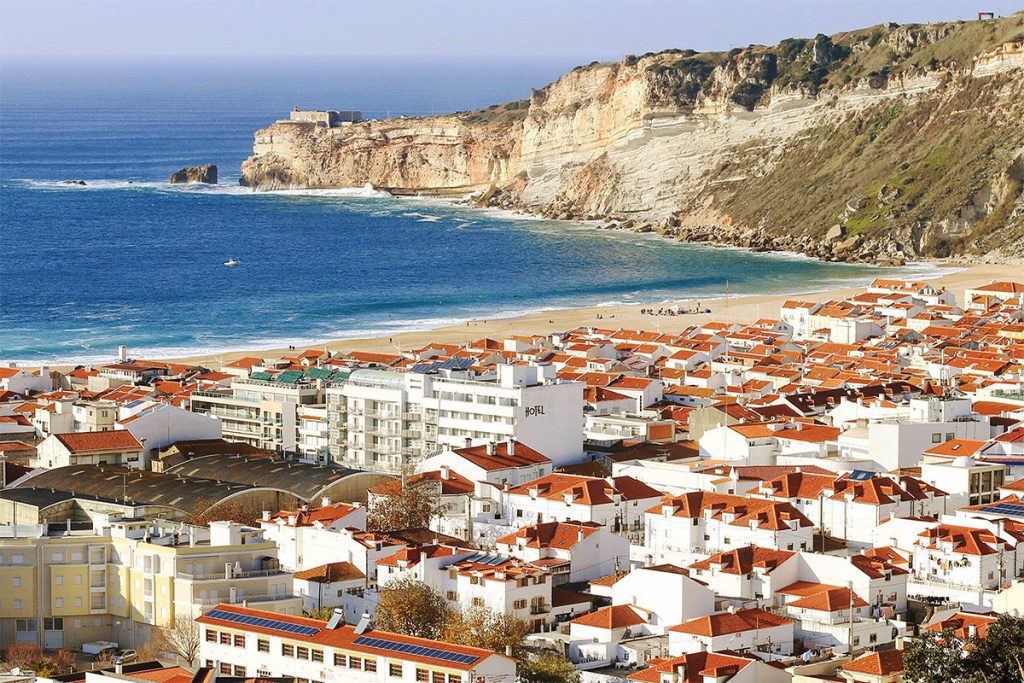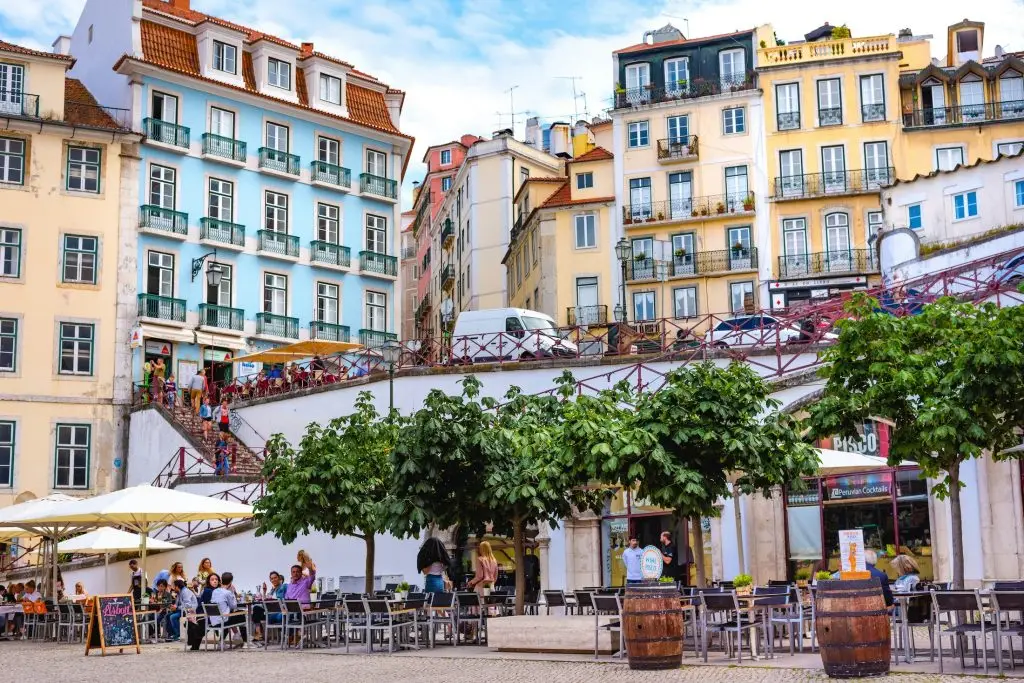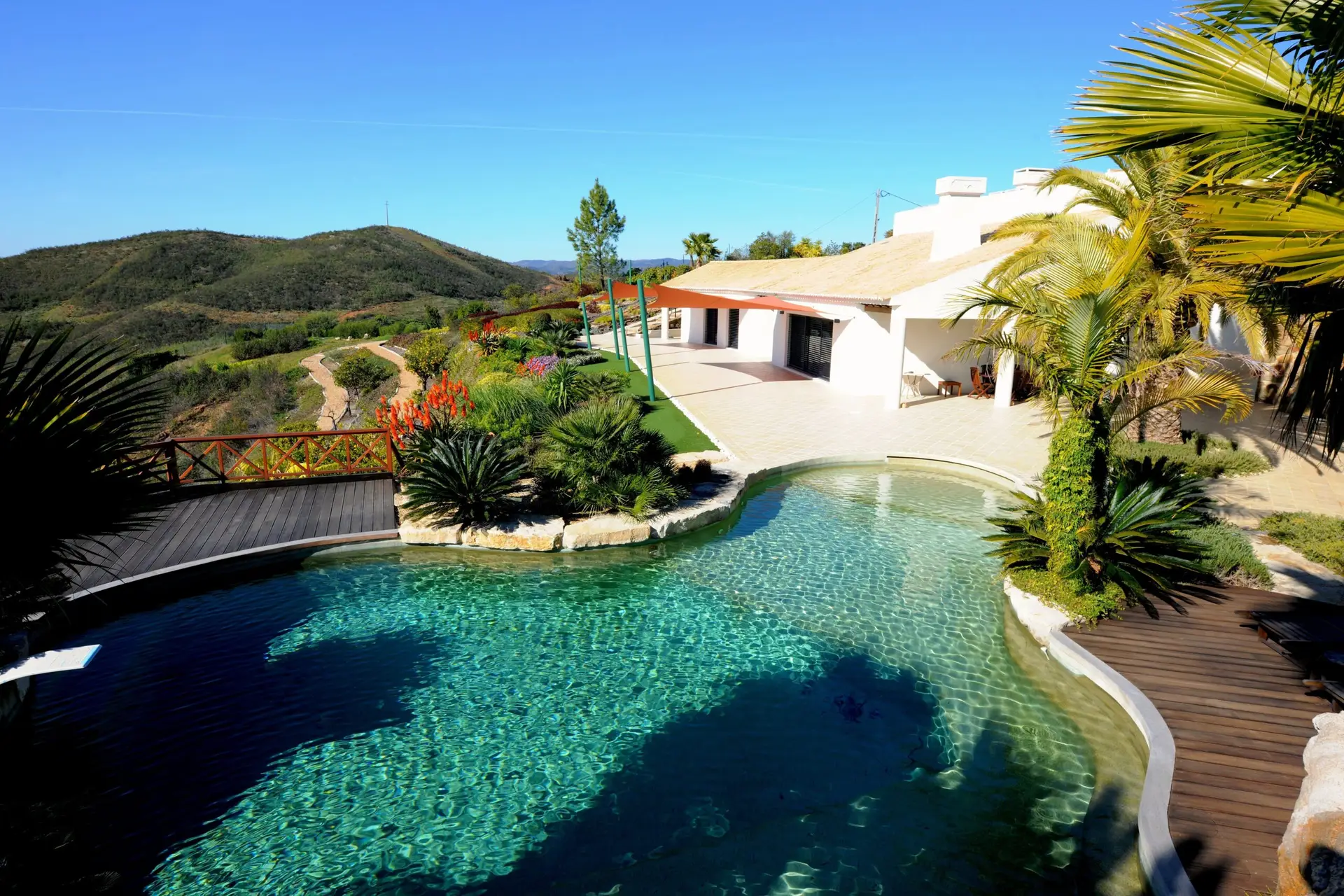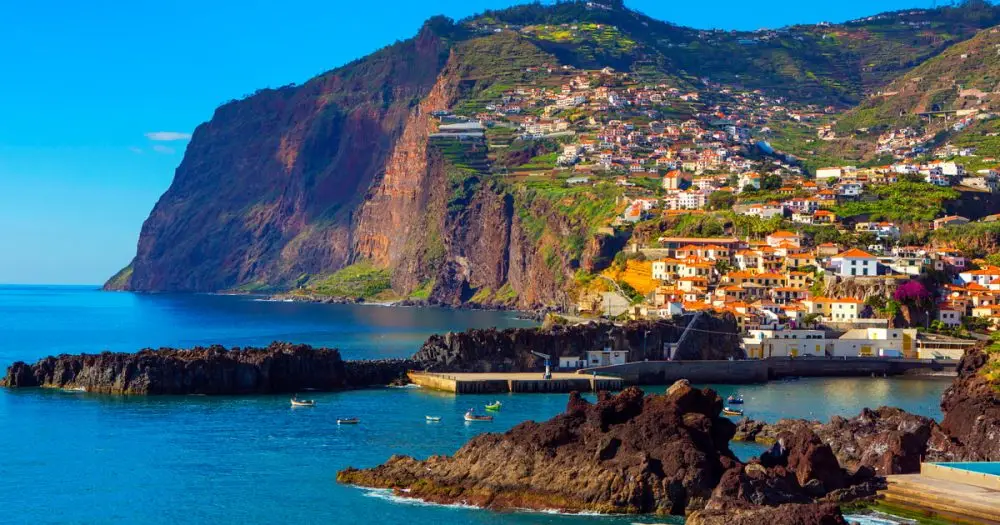Portugal continues to attract investors from all over the world due to its favourable tax system, warm climate and stable property market. Purchasing a home in this country entitles you not only to a comfortable stay, but also to additional benefits with proper planning. Before buying, it is necessary to carefully study what property taxes Portugal imposes on residents and non-residents, as well as how to optimise the financial burden.
Portugal’s tax system: general principles
Portuguese tax legislation is governed by the Serviço de Finanças, which establishes compulsory payments for owners. The structure of the system includes both mandatory one-off contributions and annual fees depending on the characteristics of the property.
There are three main taxes to consider when purchasing a home:
- IMT (Imposto Municipal sobre Transmissões Onerosas de Imóveis) – for property transfers, charged on purchase.
- IMI (Municipal Property Tax) – ежегодный.
- IS (Imposto de Selo) – stamp duty, which is paid when a transaction is concluded.
In addition to these fees, tax residency status affects the amount of mandatory deductions.
Buying a property in Portugal: taxes and additional costs
 There are significant costs involved in formalising a property title. The first mandatory fee in Portugal is the IMT property transfer tax, which varies from 0% to 8% depending on the price of the property and its type. For example, when buying a property worth up to 92,407 euros, the fee is not charged, while for luxury apartments – over 1 million euros – the rate will be 7.5%.
There are significant costs involved in formalising a property title. The first mandatory fee in Portugal is the IMT property transfer tax, which varies from 0% to 8% depending on the price of the property and its type. For example, when buying a property worth up to 92,407 euros, the fee is not charged, while for luxury apartments – over 1 million euros – the rate will be 7.5%.
Next is the stamp duty (IS), which is paid when signing the sale and purchase agreement. It is calculated as 0.8 per cent of the value of the property and is payable in a lump sum. In addition, it is necessary to take into account notary and registration fees, which can vary from 500 to 2,000 euros depending on the complexity of the transaction.
Annual property tax in Portugal (IMI)
Once contracted, owners are required to pay an annual fee known as IMI. Its rate is:

- 0.3% to 0.45% for urban facilities,
- 0.8 per cent for agricultural land,
- 7.5% for real estate registered in offshore jurisdictions.
The amount of tax is based on the cadastral value, not the market price of the property. For example, if you own a flat in Lisbon with a price of 200,000 euros, the annual fee will be between 600 and 900 euros. There is a benefit for new residents: exemption from IMI for 3 years for dwellings up to 125,000 euros if they are used as a primary residence.
Portugal’s exceptional tax regime: NHR programme
To attract foreign capital, the government has developed the NHR (Non-Habitual Resident) system to minimise the tax burden on income earned abroad.
The main benefits are:
- 0% inheritance and gift tax on real estate in Portugal for immediate family members,
- 10% commission on pension payments,
- 20% levy on income from the activities of highly qualified professionals (e.g. IT, finance, medicine).
NHR status is granted for 10 years, after which the commitment is reviewed.
Property taxes for non-residents in Portugal: features and key rates
Foreign investors acquiring property in the country face different tax conditions than local residents. Taxation varies depending on the nature of ownership of the property – rental, sale or long-term ownership without income. The main liabilities include tax on rental income, capital gains on sale and annual property tax (IMI).
Charge on rental income: 28% of profit received
If the property is rented out, a non-resident of Portugal is liable to pay 28% tax on rental income. The amount is charged on the net income after deducting allowable expenses, which include:
- Utility bills (if paid by the landlord).
- Housing maintenance and repair costs.
- Fees to management companies (if the property is rented through an agency).
For example, if you rent a flat in Lisbon for €1,500 per month (€18,000 per year) and have allowable expenses of €3,000, your taxable income would be €15,000 and tax would be €4,200. There are no progressive tax rates for non-residents, so optimisation of payments is only possible through proper cost accounting or registering the property through a legal entity.
Capital Gains Tax: 28% of the difference between purchase and sale
When selling property, non-residents are required to pay a commission, which is calculated as the difference between the purchase and sale price less allowable expenses.
Example of calculation:
- The original cost of the flat is 300,000 euros.
- The selling price is €450,000.
- Costs for renovation and legalisation of the transaction – 20 000 euros.
- The taxable base is EUR 130 000 (450 000 – 300 000 – 20 000).
- The final tax is €36,400 (28% of 130,000).
Residents of the country can reduce the tax burden if they reinvest in new housing, but there is no such benefit for foreign investors.

Tax liability that arises each year
The fee is charged annually and is calculated on the basis of the cadastral value of the object.
IMI rates depend on the location of the dwelling:
- For urban properties, 0.3%-0.45%.
- For agricultural plots, 0.8 per cent.
- For objects registered in offshore jurisdictions – 7.5%.
For example, if the cadastral value of a flat is €250,000, the IMI would be €750-1,125. The authorities of some municipalities provide incentives to new owners, exempting them from paying the commission for 3 years, but this rule does not apply to non-residents.
Investing in real estate: benefits for investors
Portugal continues to attract foreign investors due to sustained growth in property prices, strong rental demand and favourable tax conditions:
- High rental demand. The country’s main cities of Lisbon, Porto and the Algarve remain popular with tourists and expats, keeping rental demand strong. In central Lisbon, the average rental rate for a one-bedroom flat is €1,500-2,000 per month, giving an annual yield of 6-10%.
- Golden Visa Programme. Investors purchasing property in the country for an amount of 500,000 euros or more (or from 280,000 euros in regions with low population density) can apply for the Golden Visa – a residence permit with the possibility of obtaining citizenship after 5 years.
Results
 Foreign investors planning to buy property should take into account the peculiarities of taxes in Portugal. Commissions for non-residents in the country are higher than for residents, but competent use of preferential regimes allows to minimise costs. Optimisation of tax liabilities requires a professional approach and planning, so it is recommended to consult with lawyers and qualified specialists before buying.
Foreign investors planning to buy property should take into account the peculiarities of taxes in Portugal. Commissions for non-residents in the country are higher than for residents, but competent use of preferential regimes allows to minimise costs. Optimisation of tax liabilities requires a professional approach and planning, so it is recommended to consult with lawyers and qualified specialists before buying.
 en
en  ru
ru  de
de  ar
ar  es
es  nl
nl  hi
hi  fr
fr  it
it  pt
pt  el
el 











